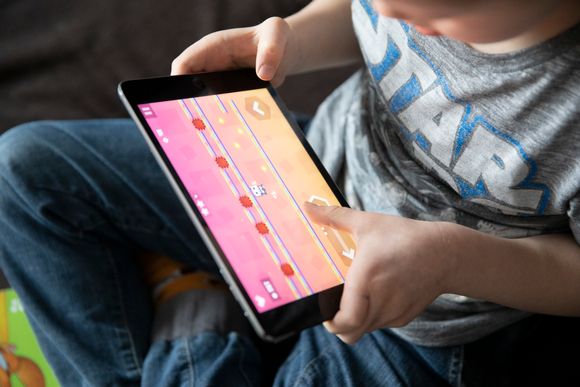Abstract
Aim
This study evaluated early speech and language development at 18 and 24 months, and associated factors, based on parental reports.
Method
We followed up the CHILD-SLEEP birth cohort of 1667 Finnish-speaking families, who were randomly recruited in 2011–2013 during routine visits to maternity clinics in the Pirkanmaa Hospital District of Finland. The women were approximately 32 weeks’ pregnant at enrolment. Parents reported the size of their child’s expressive vocabulary, word combinations, intelligibility, finger-pointing and adherence to instructions. A subsample was studied using the Expressive Language subscale of the Bayley Scales of Infant and Toddler Development, Third Edition.
Results
The children’s vocabulary was smaller than previously reported. At 18 months of age, 68.8% of the 997 children had a vocabulary of 20 words or less and 35.7% used about five words at most. At 24 months, 32.4% of the 822 children had a vocabulary of 50 words or less and 18.4% used about 20 words at most. Longer child and parental exposure to electronic media was negatively associated with the size of the child’s expressive vocabulary.
Conclusion
Vocabulary size at 18 and 24 months was smaller than previously reported and negatively associated with exposure to electronic media.
Researchers
Marja Asikainen, Anneli Kylliäinen, Tiina E. Mäkelä, Outi Saarenpää-Heikkilä, E. Juulia Paavonen,

